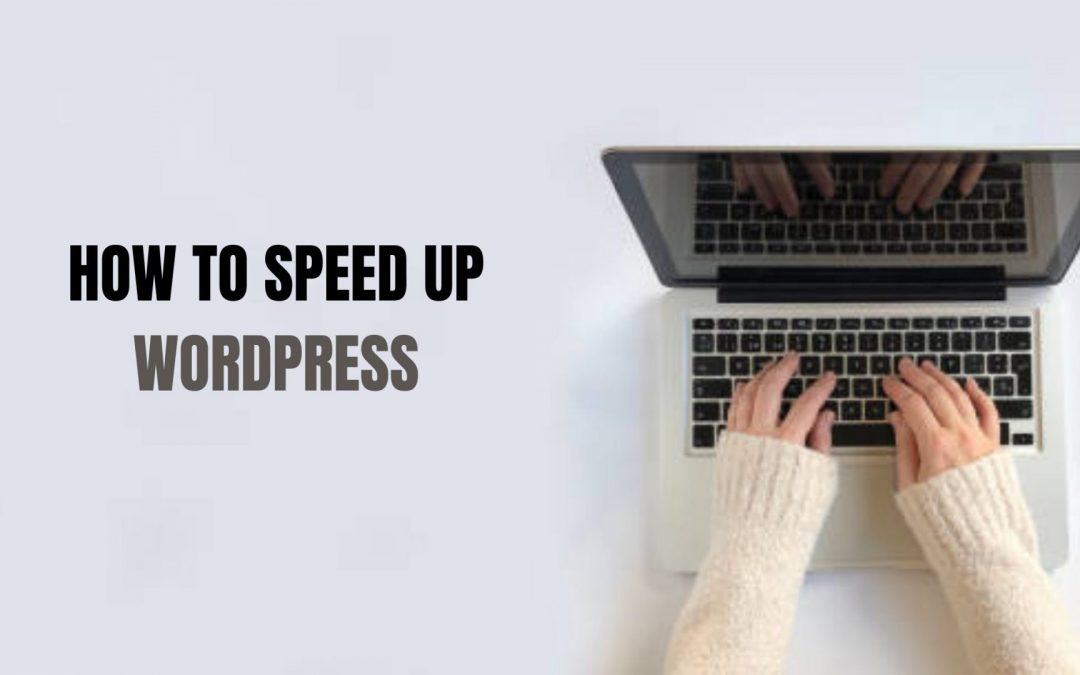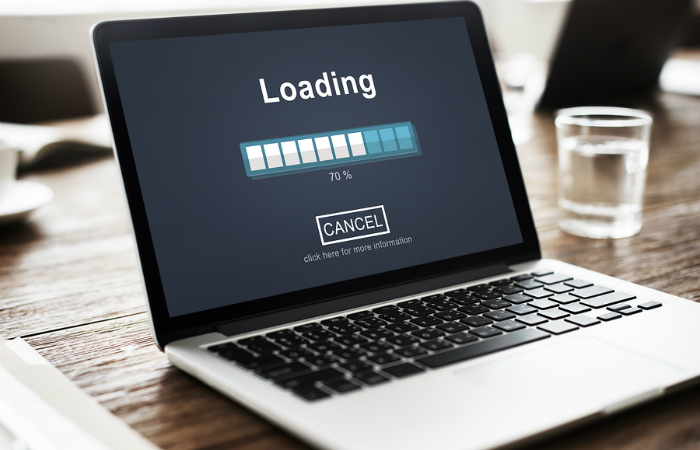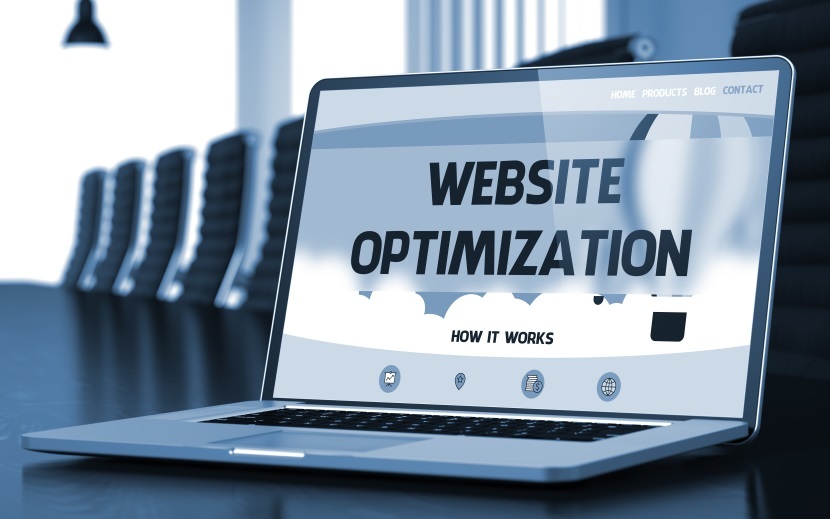WordPress is a powerful website application, but such mighty prowess can have its drawbacks. In the case of WordPress, website speed and loading times can often be adversely impacted. But with a little bit of know-how and good practices, this can easily be negated. How to speed up wordpress?
What slows WordPress down?
First, let’s take a look at why your installation of WordPress may be slow. There are a huge number of reasons as to why your particular website may be slow, but I’ll focus this answer on the most common issues we see time and time again.
At it’s core WordPress is a database driven application. This means that rather then relying on simple static files to serve up your website content to visitors, the content must be generated from a database. This can introduce a variety of factors that influence website speed, and is a natural consequence of working with databases.
Your hosting provider is a major factor in the speed of your website. WordPress uses more server resources than a typical website, and some hosts just aren’t cut out to cope, especially the very low-cost hosting solutions you may come across. You’ve seen those 99p per month offers for example? Junk. Don’t even bother.
Themes that haven’t been coded correctly can also be a factor in slow speeds, especially if your website is using a lot of ‘fancy effects’. These may be using large, external files that must be downloaded on every page load – multiple CSS and Javascript files, for example. The site may look flashy, but you don’t want it to negatively impact the experience of your viewers by sacrificing loading times.
Large images play a big role in slowing down your website too. You need to make sure that you aren’t uploading and inserting overly large images unless necessary, and each image should be optimised before use. Many plugins are available to take control of image size limits, and to optimise the images once uploaded.
Methods to speed up WordPress
Many speed issues can be overcome with the simple use of WordPress Plugins. Rather than delve into too much detail, we’ll list a couple of our favourite optimisation plugins to really speed up WordPress:
- For Image Optimisation, you can’t go wrong with Imsanity and EWWW. These resize and compresses every image you upload to your WordPress website resulting in smaller image file sizes and quicker load times.
- For more advanced methods of speeding up WordPress, we recommend looking into a Caching plugin such as WP Rocket. This has a wealth of speed improvement options, and will make a very noticeable difference to your WordPress loading speed.
For anything that a Plugin can’t solve, good theme development practices must be employed. This can often be a tricky thing to diagnose if you’re unfamiliar with how websites work, but any good theme developer worth your time will have taken loading speed into consideration and this should be nothing you have to worry about. However, you may want to get a professional opinion from ProWP if you’re a little unsure.
We can help
Is your website acting a little sluggish? If you need a professional analysis and assistance with putting things right, get in touch to see how we can help.





